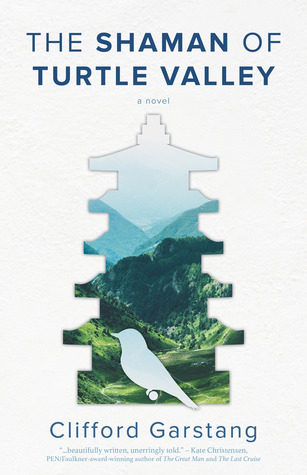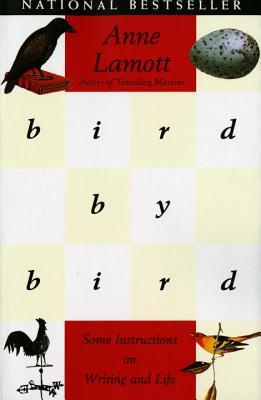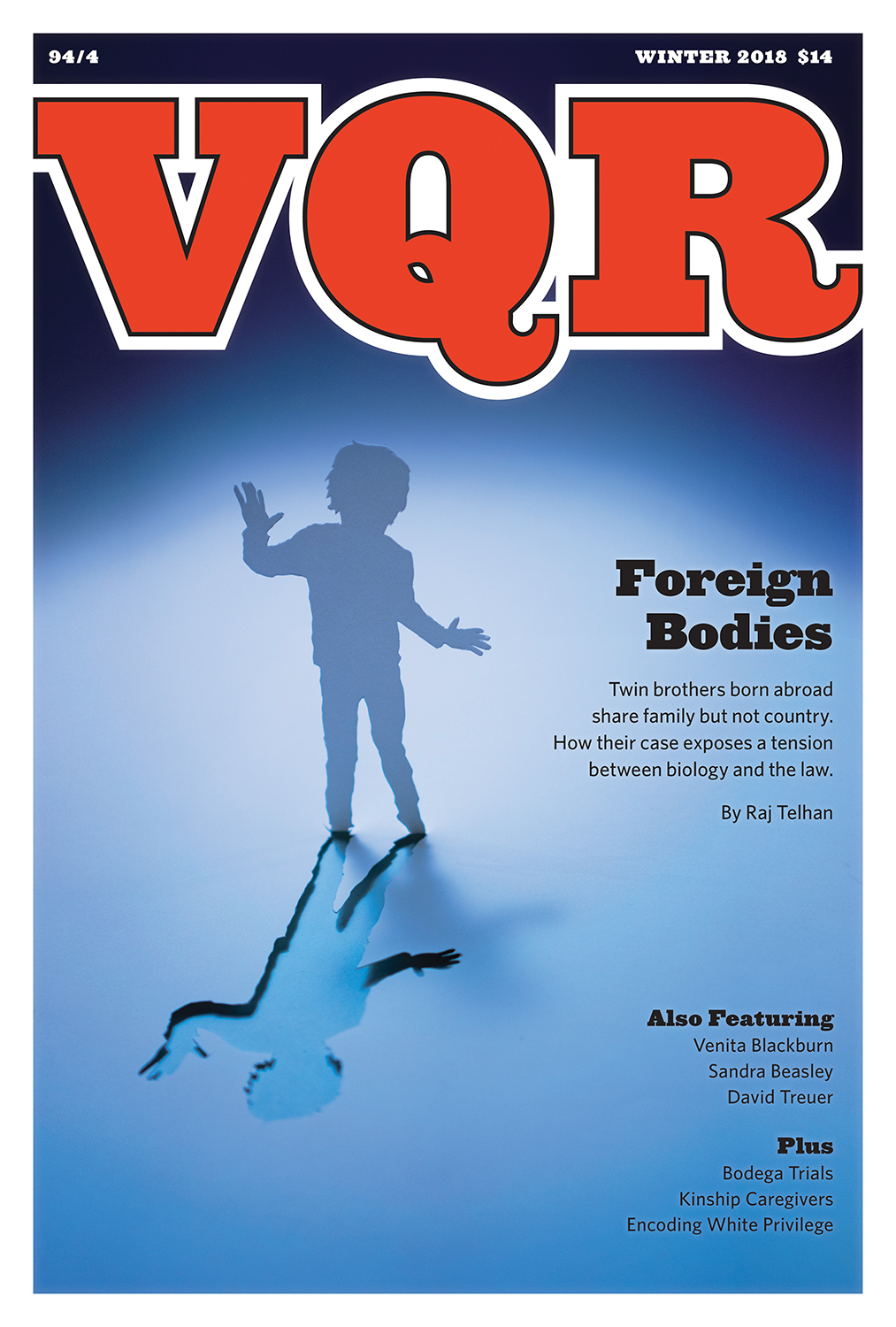If I saw the Hoarders tv show and one of their clients had nothing but books, I’d think: What’s wrong with that? Like the trundling out of sweaters and warmer socks, autumn sets my brain on fire with the compulsion to accrue books. My husband and daughter just roll their eyes at me and make jokes about my inability to leave the library or bookstores without a stack of acquisitions. I am happily surrounded by books and read incessantly. This is my childhood dream come true.
Unintentionally, I had prepared for a huge book bender. I updated my reading glasses, whittled down my schedule, and started to acquire books at an alarming rate. I’m looking forward to a winter of Oscar Wilde, Toni Morrison, Kurt Vonnegut, Helen Oyeyemi, James Baldwin, Louise Erdrich, Jonathan Lethem, Joyce Carol Oates, and any other writer who trips my fancy.
 The warmup to heavier tomes has been a lot of pithy reading. I read Austin Kleon’s trio of books (Steal Like an Artist, Show Your Work, Keep Going), Mason Currey’s Daily Rituals, and story story collections. Lesley Nneka Arimah’s short story collection What It Means When a Man Falls from the Sky was full of thoughtful, if not disturbing, storytelling.
The warmup to heavier tomes has been a lot of pithy reading. I read Austin Kleon’s trio of books (Steal Like an Artist, Show Your Work, Keep Going), Mason Currey’s Daily Rituals, and story story collections. Lesley Nneka Arimah’s short story collection What It Means When a Man Falls from the Sky was full of thoughtful, if not disturbing, storytelling.
 I also read another book sent to me by JKS Communications, Blood Creek by Kimberly Collins, an ambitious novel that wasn’t quite my taste, but will resonate with the historical romance crowd – those who like their vixens fiery and their men stoic and often criminal. It reminded me of the books I used to sneak out of my mother’s collection when I was 13 – like Rosemary Roger’s Sweet Savage Love, where the main character is selfish, but too waif-like with a cavernous decolletage to not get her own way, at the expense of everyone around her.
I also read another book sent to me by JKS Communications, Blood Creek by Kimberly Collins, an ambitious novel that wasn’t quite my taste, but will resonate with the historical romance crowd – those who like their vixens fiery and their men stoic and often criminal. It reminded me of the books I used to sneak out of my mother’s collection when I was 13 – like Rosemary Roger’s Sweet Savage Love, where the main character is selfish, but too waif-like with a cavernous decolletage to not get her own way, at the expense of everyone around her.
Writing is ramping up as well. I just finished the online Masterclass with Joyce Carol Oates. While her story “Where Are You Going, Where Have You Been” is one of the creepiest stories I’ve ever read, her prolific career is an inspiration and her low-key but dedicated approach to writing resonates with me. 2019 has been a year of nearly constant rejection, from publications and even a mentor program. One would think I’d want to call it a day. But Ms. Oates has some wise words for rejection which I’ll paraphrase here: it’s likely a blessing when one’s work is rejected. It’s not your best work and you don’t want it out there. It forces you back to revisions again and again and again, until what you have left really is good.
*****
So I soldier on. And at the mention of soldiers, I just want to leave this public service note: Flag-worshipping does not make you a hero or a saint. As a vet who served for a wide variety of reasons, including an adolescent sense of loyalty to my country, I’m finding that performative patriotism in this country has gone off the rails – in the old sense, like nutter-level.
 I was on a treadmill at the Y the other day. In front of me, an older man was wearing a t-shirt with an American flag that said If this flag offends you, I’ll help you pack. I know it’s not good to wish heart attacks on people peddling on stationary bikes, but it briefly crossed my mind. If you’re a flag worshipper, you can’t have it both ways. You can’t flail about screaming that everyone else is being disrespectful to the flag and then wear it as a crackled, worn decal on your sweaty carcass. I mean you can, but the paramedics are going to have to cut it away to attach the defibrillator pads. I’m sure they’ll be respectful, though.
I was on a treadmill at the Y the other day. In front of me, an older man was wearing a t-shirt with an American flag that said If this flag offends you, I’ll help you pack. I know it’s not good to wish heart attacks on people peddling on stationary bikes, but it briefly crossed my mind. If you’re a flag worshipper, you can’t have it both ways. You can’t flail about screaming that everyone else is being disrespectful to the flag and then wear it as a crackled, worn decal on your sweaty carcass. I mean you can, but the paramedics are going to have to cut it away to attach the defibrillator pads. I’m sure they’ll be respectful, though.
*****
 Fall is often a season that brings about feelings of bittersweet melancholy, much like being in your fifties and still trying to get published. It is a season, though, that begs for poetry. I consider myself a blogger, novelist, and short story writer, but on occasion I hail back to my adolescence and write a poem. Now they are less about being ignored by the boy I liked or morbid poems about dying and more about just fading away. I’m reading Adam Zagajewski’s collection of poems, Asymmetry and they are the kind of poems that make you ache just a little.
Fall is often a season that brings about feelings of bittersweet melancholy, much like being in your fifties and still trying to get published. It is a season, though, that begs for poetry. I consider myself a blogger, novelist, and short story writer, but on occasion I hail back to my adolescence and write a poem. Now they are less about being ignored by the boy I liked or morbid poems about dying and more about just fading away. I’m reading Adam Zagajewski’s collection of poems, Asymmetry and they are the kind of poems that make you ache just a little.
*****
It’s been such a tough year, for me, for we humans out in the world. Some of us manage to remain unscathed. We keep our eyes forward, don’t get distracted, know what we’re about on the planet. Some of us have been buffeted by the winds of chance – medical emergencies, financial crises, devastating diagnoses of our health, our portfolios, our relationships. Some of us have internalized the existential dread of what the future holds – dictators, natural disasters, scarcity, randomized violence. We’re taking the news intravenously and it eats away at our sense of wellbeing.
I need hope and so do some of you. Where do we find it? Where is the solace, the palliative, the hospice for the walking wounded? I find it written by authors who apply poultices through words, in the faces of people who love me, in telling stories, in walking with the crunch of leaves beneath my feet. We fashion our own life preservers and hope that it’s enough.
 rless Fridays are about lives lived in spite of our fears, living a life that is about curiosity, compassion, and courage. If you just got published, something wonderful happened to you, you witnessed an act of kindness or bravery, or you have someone in your life who amazes you, drop your story into my contact page or email it to TheGreenStudy (at) comcast (dot) net and I’ll run it on a Fearless Friday. If you’re a blogger, it’s an opportunity to advertise your blog, but this is open to anyone who would like to share. These will be 100-300 word stories, subject to editing for clarity and space.
rless Fridays are about lives lived in spite of our fears, living a life that is about curiosity, compassion, and courage. If you just got published, something wonderful happened to you, you witnessed an act of kindness or bravery, or you have someone in your life who amazes you, drop your story into my contact page or email it to TheGreenStudy (at) comcast (dot) net and I’ll run it on a Fearless Friday. If you’re a blogger, it’s an opportunity to advertise your blog, but this is open to anyone who would like to share. These will be 100-300 word stories, subject to editing for clarity and space. Last week, I finished reading Clifford Garstang’s
Last week, I finished reading Clifford Garstang’s  While I hope someday to have my own debut novel, I will forever reference Anne Lamott’s assertion in
While I hope someday to have my own debut novel, I will forever reference Anne Lamott’s assertion in  This week, I burrowed into my reading chair under a couple of blankets with the Virginia Quarterly Review. I read “
This week, I burrowed into my reading chair under a couple of blankets with the Virginia Quarterly Review. I read “ Criminal justice and social reform has been the fight of many social activists over the years. It’s true that so many things require our attention, our anger, our involvement. It can be overwhelming. But I’ve found that if I shut out the “shoulds” and focus on learning about one issue at a time, and pair action with that knowledge, I can be more useful as a citizen. Over the last couple of years, I’ve learned more than I ever wanted to know about voting rights and campaign finance reform. While I continue to work on those issues, I’ve found my attention captured by the prison system and incarceration rate in this country. Time to learn more.
Criminal justice and social reform has been the fight of many social activists over the years. It’s true that so many things require our attention, our anger, our involvement. It can be overwhelming. But I’ve found that if I shut out the “shoulds” and focus on learning about one issue at a time, and pair action with that knowledge, I can be more useful as a citizen. Over the last couple of years, I’ve learned more than I ever wanted to know about voting rights and campaign finance reform. While I continue to work on those issues, I’ve found my attention captured by the prison system and incarceration rate in this country. Time to learn more. My other slight action was to tell the writer of that article, Sylvia Harvey, Thank you. One of the rare delights of Twitter is being able to contact writers and artists and musicians just to express gratitude. The unknowns, the knowns, it doesn’t matter. Saying thank you to people who touch you in some way, just to let them know that their work is appreciated. We’re so quick to critique and criticize, thinking everything we read and see needs our judgmental pronouncements. What about the work that takes us out of ourselves, teaches us empathy, gives us a new perspective, stops us, for just a moment, from being the self-centered, complacent creatures that we can be?
My other slight action was to tell the writer of that article, Sylvia Harvey, Thank you. One of the rare delights of Twitter is being able to contact writers and artists and musicians just to express gratitude. The unknowns, the knowns, it doesn’t matter. Saying thank you to people who touch you in some way, just to let them know that their work is appreciated. We’re so quick to critique and criticize, thinking everything we read and see needs our judgmental pronouncements. What about the work that takes us out of ourselves, teaches us empathy, gives us a new perspective, stops us, for just a moment, from being the self-centered, complacent creatures that we can be?